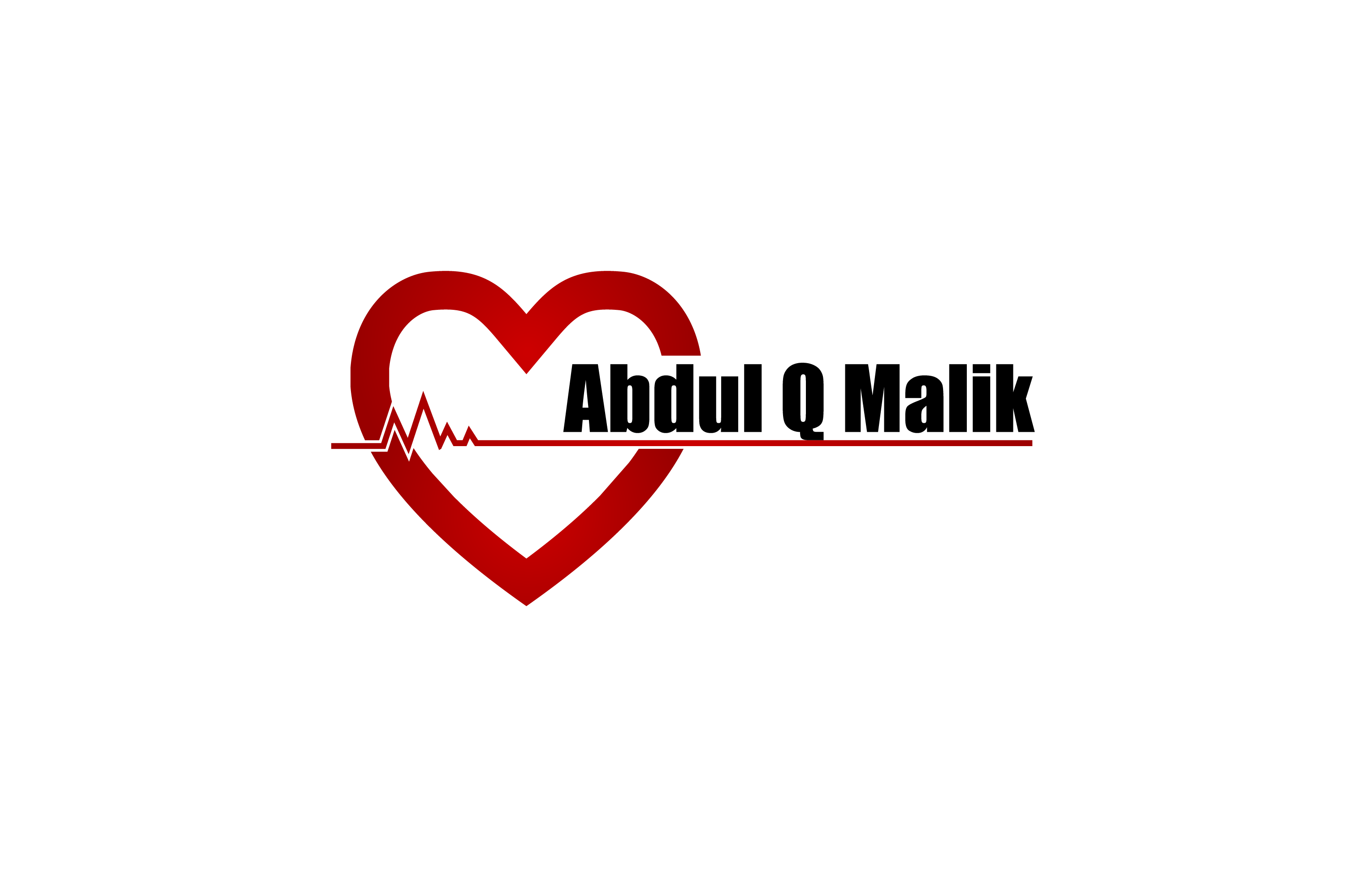Get Treated for Shortness of Breath in Brooklyn
Finding yourself short of breath all of a sudden can be frightening. It is likely caused by either a heart or lung issue and may last for a brief period or for weeks at a time. Shortness of breath, also called dyspnea, may indicate a more serious problem that needs to be looked at by a doctor right away.
Causes
There are several things that can cause breathing problems. A number of them are serious, and may include pneumonia, asthma, a respiratory infection, anemia, a collapsed lung, a blood clot in your lungs, a severe reaction to an allergy, a heart attack or heart failure. It may also be caused by anxiety or a panic attack, being out of shape, lung cancer, TB, or COPD.
Risk Factors
You are more likely to find that you get shortness of breath under various conditions. This will occur if you have muscle weakness, low hemoglobin levels, ongoing exposure to your asthma triggers, are extremely obese, have had other lung diseases, or if you are badly out of shape due to an illness or a very inactive lifestyle.
When to See a Doctor
Being short of breath may come on unexpectedly. When breathing problems are accompanied by pain in the chest, nausea, or fainting – you need to call 911 immediately. An appointment should be made with your doctor when it is accompanied by a high fever and cough, wheezing, you have swelling in your feet and ankles, or if your breathing problems continue or become worse.
Diagnosis
When you get to a doctor, there are several tests you may be given. These include a lung function test (spirometry), pulse oximetry (a device that clips on your finger to determine oxygen levels), a blood test, an x-ray, a CT scan, and an electrocardiogram (ECG).
Treatment
Because there are so many possible causes, the treatment will depend on the problem. It may be something as simple as giving you an inhaler, or something more serious. Learning to avoid asthma triggers, if that is the problem, will also be advised.
Prevention
One of the most important things will be to quit smoking. The longer you have stopped the greater improvement to your breathing you may experience. Lose weight. Avoid asthma triggers – including pollutants. Stay on your medication.
With a breathing problem, it is also a very good idea to talk to your doctor about how to cope with a breathing emergency. Be sure that your oxygen equipment is functioning and that you have a supply – if it should be needed. Remember that it is harder to breathe above 5,000 feet, and that exertion should be avoided.
Dr. Abdul Malik, MD is a Cardiologist who diagnoses and treats shortness of breath. He has been practicing Cardiology for over 24 years and has trained many young doctors in the fields of Internal Medicine and Cardiology. His expertise, thoroughness, and friendliness to his patients have earned him the title of the Consumer’s Choice Award for Top Doctors.

